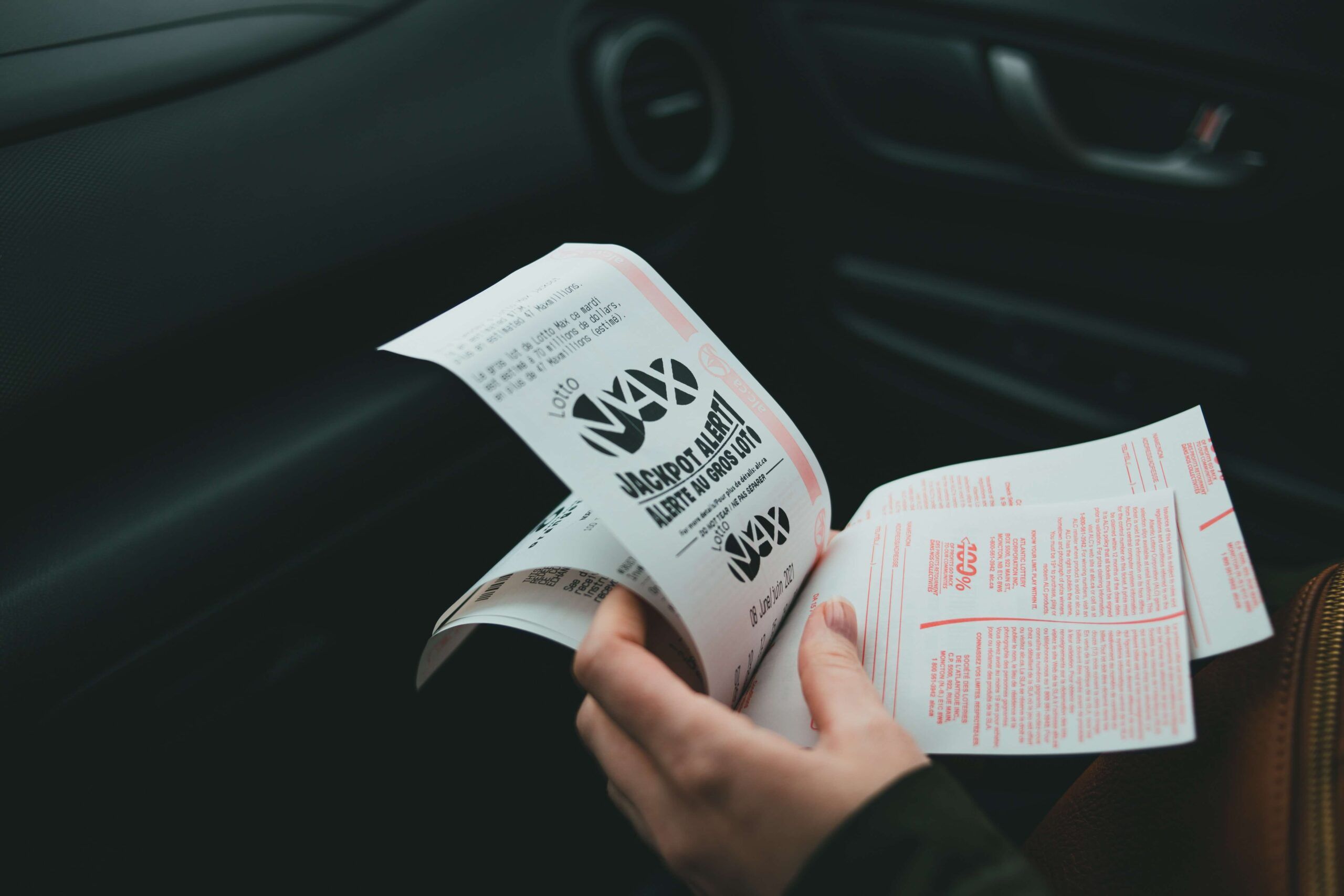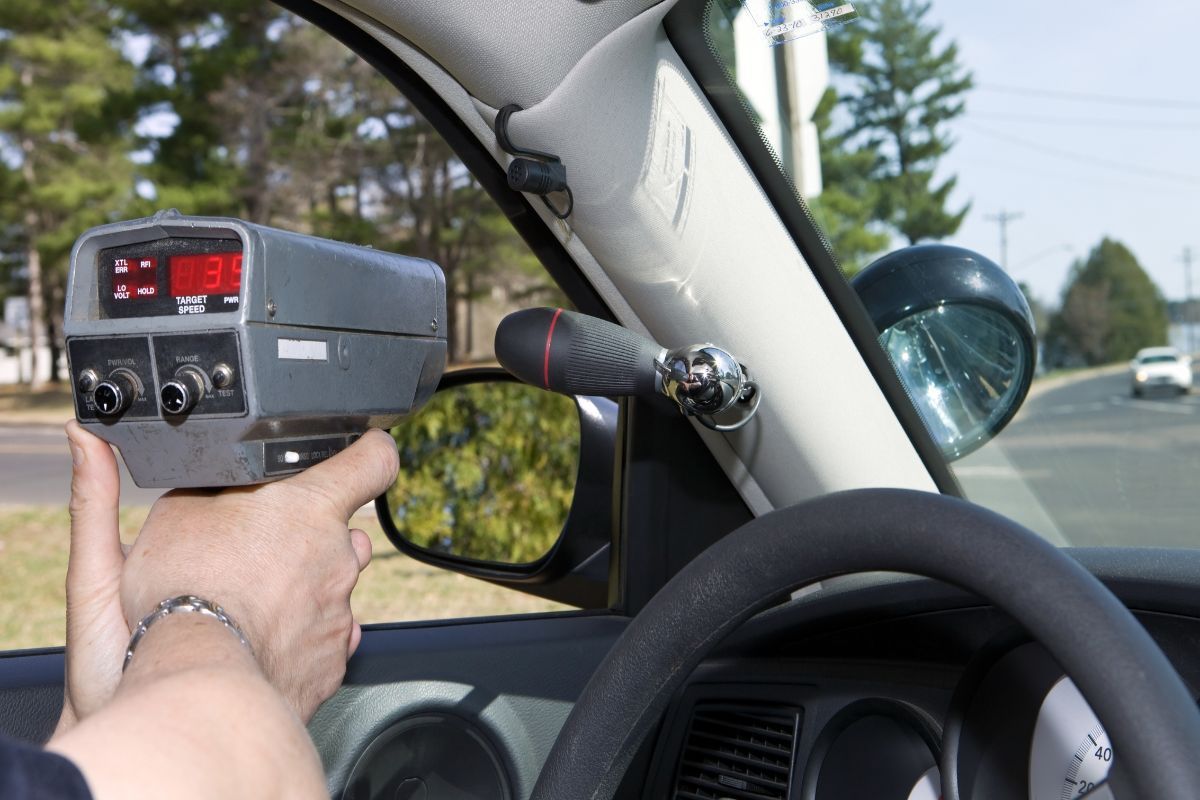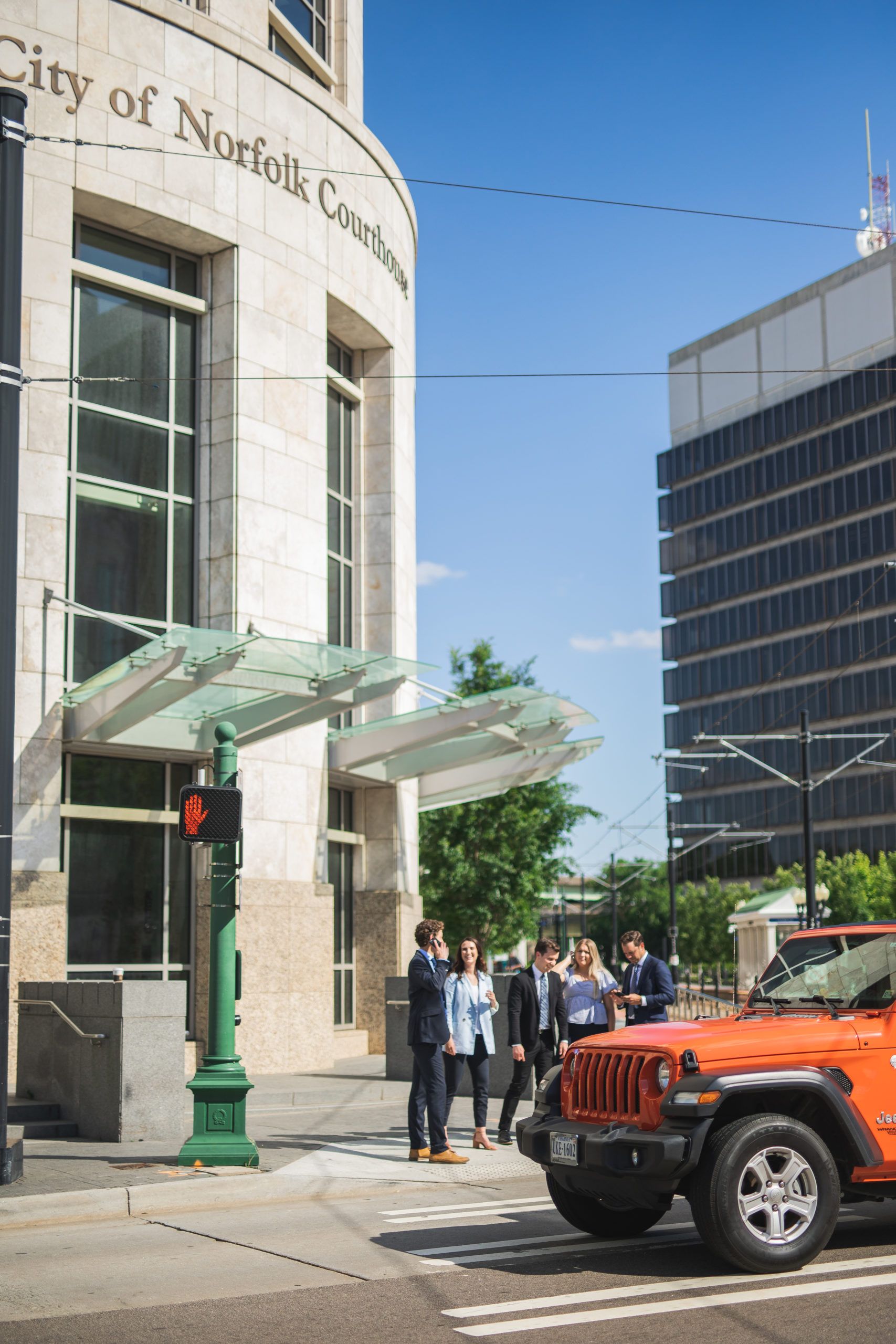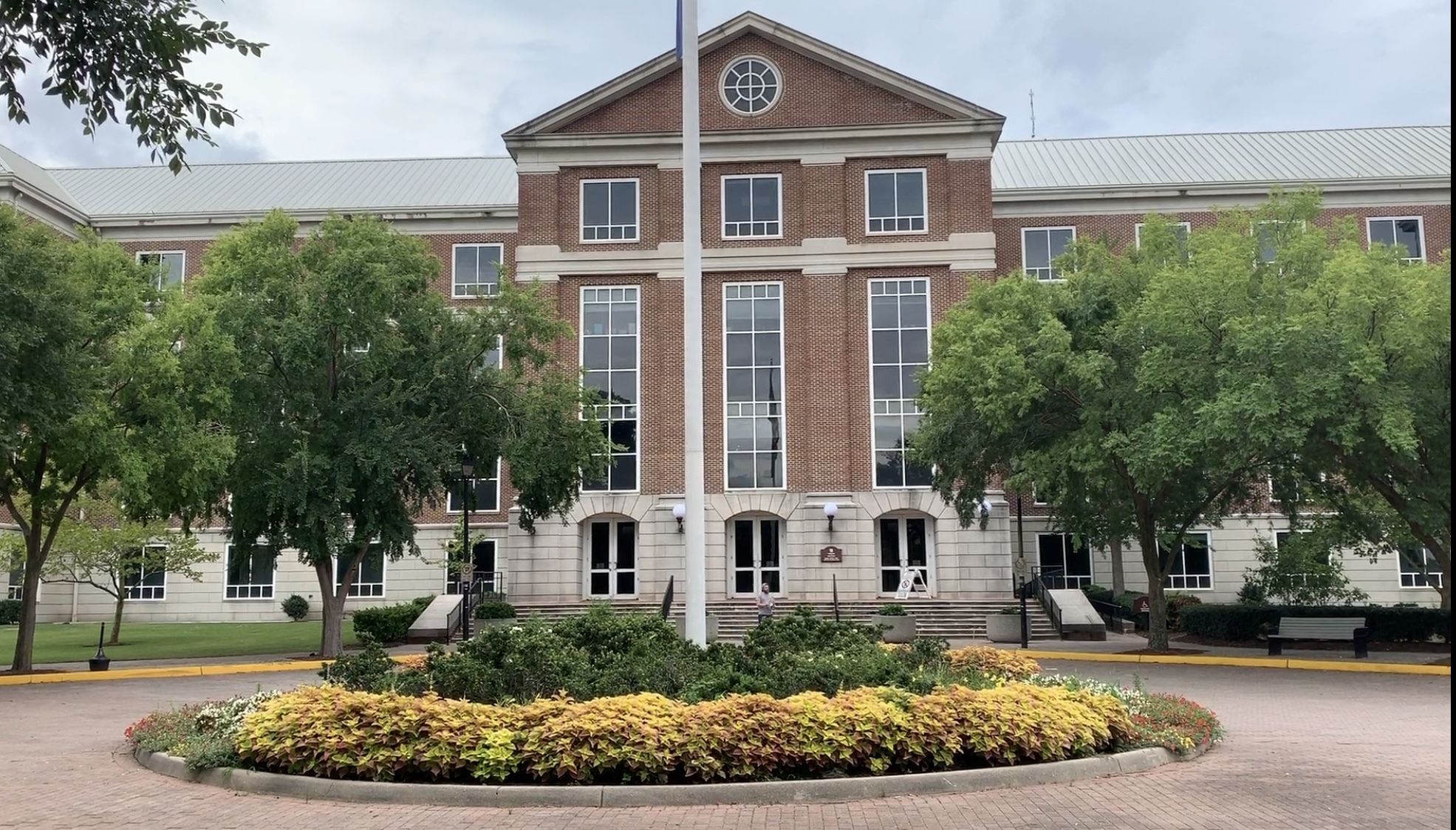Speeding Ticket Defense: A Comprehensive Approach
According to data from the National Highway Traffic Safety Administration, approximately 112,000 drivers receive a speeding ticket every day. If you have not been issued a speeding ticket before, you likely know someone who has. While these traffic violations are undoubtedly common in Virginia, many drivers are unsure of how to respond to speeding tickets. Can you challenge a speeding ticket in Virginia? What happens if I am charged with reckless driving for speeding? Do I have options to defend my rights in court?
Driving Defense Law provides the most comprehensive speeding ticket defense counsel to drivers across Virginia. We have dedicated our practice to protecting the rights of individuals who have been accused of violating Virginia speeding laws. Our team of experienced attorneys work tirelessly to mitigate the long-term consequences of speeding tickets, providing support to our clients at every step of the process. If you are considering challenging your speeding ticket, we are here to help. Consider contacting us at (757) 929-0335 today to get started.
An Overview of Virginia Speeding Laws
All drivers are required to abide by the rules of the road, which includes staying within the speed limit on all roadways in the Commonwealth. Speeding laws are put in place to provide a basis for law enforcement, reduce disparities in speed, and mitigate the potential of collisions on the roads. According to the 2022 Virginia Traffic Crash Facts report, a total of 24,877 speed-related accidents occurred in 2022, resulting in nearly 500 deaths and 13,000 injuries. With such a high prevalence of speed-related collisions, Virginia law enforcement routinely hands out speeding tickets to discourage drivers from driving at excessive speeds.
According to Virginia Code § 46.2-870, the maximum speed on all highways is 55 miles per hour, unless otherwise specified by a posted speed limit sign. For tracker trucks and vehicles designed to transport property, the maximum speed reduces to 45 miles per hour on highways. On city and residential roads, drivers should be aware of the posted speed limit.
Technically, the moment a driver’s speed rises above the speed limit, they are in violation of the law. This means that you could be traveling at 56 miles per hour on a highway – which is a mere 1 mile an hour over the speed limit – and receive a speeding ticket for excessive speed. This underscores the importance of not only being cognizant of the speeding laws in Virginia, but your rights and legal options as a driver who was issued a speeding ticket.
While they are extremely common, speeding offenses can quickly become serious in Virginia. In fact, in some circumstances, speeding violations can even rise to the level of criminal charges. The majority of speeding tickets that are issued are infractions, meaning are not considered a criminal offense in Virginia. The one exception to this is reckless driving, which is a criminal misdemeanor in the state.
What Is Reckless Driving?
The vast majority of states have laws that address “willfully dangerous driving,” some states – like Virginia – call these violations “reckless driving.” Reckless driving is one of the most serious traffic offenses and is classified accordingly under Virginia law. Unlike other states, which reserve reckless driving charges solely for more extreme violations such as road racing or dangerous passing, Virginia provides for excessive speed in its reckless driving laws.
Can I Be Charged with Reckless Driving for Speeding in Virginia?
Yes, you can be charged with reckless driving for speeding in Virginia. According to Virginia Code § 46.2-862, a person can be found guilty of reckless driving if they are caught driving 20 miles an hour or more over the speed limit or if they are driving 85 miles an hour or above on any roadway, regardless of the maximum speed limit.
In other words, even if the posted speed limit is 70 miles per hour – which is true of many rural freeways and interstates in Virginia – a driver who is caught driving at 85 miles an hour or more can be charged with reckless driving even though they are not going more than 20 miles an hour above the speed limit.
What Are the Penalties for Speeding in Virginia?
The penalties for speeding depend entirely on how fast over the speed limit you were going when the police officer pulled you over. If you plead guilty to a speeding ticket, you will face harsh penalties ranging from fines and points on your license to increased insurance rates and suspension of your license. Fortunately, if you act quickly and speak with your attorney about crafting an effective speeding ticket defense, you may avoid these long-term consequences.
What Are Virginia’s Speeding Ticket Fines?
When you are issued a speeding ticket, the fines that you are required to pay will be listed directly on the ticket itself. In Virginia, fines are assigned based on your speed:
- $6 for every one mile you were going over the speed limit on a highway.
- $7 for every one mile over the speed limit in a school or work zone.
- $8 for every one mile over the speed limit plus $200 in a residential area.
In addition to the fine, you will also have to pay court fees, which can range from $66 to $86 depending on the ticket. If you choose to simply pay your ticket – an approach that we do not recommend – you must submit payment by the due date listed on the ticket. Failing to pay the fines and court fees by the listed date can result in interest charges or your account being sent to collections. In some situations, a judge may issue a warrant for your arrest if you fail to respond to the ticket.
What Is the Virginia Demerit Point System?
In addition to the financial penalties of receiving a speeding ticket, you will also accrue points on your license. Like the majority of states, Virginia records a driver’s safety and performance using a demerit point system. When a driver receives a traffic violation, they will be given points on their license. The number of points that a ticket carries depends on how severe the offense is. In Virginia, the points given for a specific violation range from 3 to 6 and can remain on your record from 2 to 11 years.
For speeding violations, demerit points are assigned in the following manner:
- Three points for speeding 1 to 9 miles per hour over the limit, which will remain on your record for five years.
- Four points for speeding 10 to 19 miles per hour over the limit, which will also remain on your record for five years.
- Six points for reckless driving at excessive speeds of over 20 miles per hour over the limit, which will remain on your record for 11 years.
With the right speeding ticket defense, you may be able to have these demerit points removed from your record entirely. Having a speeding conviction lifted from your driving record can also help to mitigate the other hidden consequences of speeding in Virginia as well.
Other Hidden Consequences of Speeding in Virginia
In addition to fines and points on your license, there are additional consequences associated with receiving a speeding ticket in Virginia. If you accrue too many demerit points in too short of a timeframe, for example, your license may be suspended. You may be required to pay more in insurance rates, as insurance companies do not look favorably upon speeding tickets in a driver’s record. Furthermore, if you are charged with reckless driving for speeding, a criminal record will be created which can impact your ability to gain employment, take out loans, be admitted to college, and secure housing.
What Are My Options After Receiving a Speeding Ticket?
After receiving a speeding ticket in Virginia, you have the option to either:
- Submit a guilty plea and accept the penalties, or
- Plead not guilty and fight the charges.
When you plead not guilty and respond to the charges, you are exercising your Constitutional right against self-incrimination. Exercising this right gives you the opportunity to build an effective speeding ticket defense with the help of your attorney. Pleading not guilty and fighting the charges is essential to avoiding the long-lasting consequences of simply paying your speeding ticket.
What Are the Consequences of Simply Paying Your Speeding Ticket?
After receiving a speeding ticket, many people assume the only course of action is to simply pay the ticket and accept the penalties. In fact, we advise that you should never simply pay your speeding ticket. When you simply pay your speeding ticket, you are admitting that you were guilty of speeding and agreeing to accept the multitude of consequences that accompany this conviction. You are forgoing your right to challenge your speeding ticket, negotiate a better deal, and defend your rights in court.
In no uncertain terms, simply paying your speeding ticket is a poor bargain. Negotiation is always possible in speeding ticket cases, and in the majority of situations you can reach a deal with the court to mitigate the consequences of your ticket. In the short-term, simply paying your speeding ticket may be the easiest option, but the long-term consequences are resounding. Between increased insurance rates, demerit points on your license, and the potential impact of a speeding violation on your employment prospects, you will pay for this choice long after paying the fines.
4 Steps to Building an Effective Speeding Ticket Defense
Successfully challenging a speeding ticket is no easy feat. Without a carefully crafted and strategic legal defense in place, the courts are not likely to dismiss your ticket or agree to keep the violation off your record. This begs the question: how exactly do you build an effective speeding ticket defense? At Driving Defense Law, this is where we start:
Step 1: Understand Whether Your Ticket Is an Infraction or a Reckless Driving Charge
Before all else, ensure that you fully understand the speeding ticket – they are not all the same. Look at the area of your ticket that describes the charge. Did the police officer write “reckless driving” in this area? Did they cite the numbers “46.2-862” in this section? If these elements are present on your speeding ticket, then you have been charged with reckless driving. In some cases, the officer may not specifically state that you have been charged with reckless driving. They must, however, cite the relevant law for reckless driving, which is Section 46.2-862 of the Virginia Code.
If you have been charged with reckless driving, you will not be able to merely pay the ticket and move on. Rather, you will be required to attend a court hearing for your case. If your speeding ticket is just that – a simple speeding ticket – then you have the option of avoiding going to court, which is specified on your ticket as well. Fully understanding your speeding ticket is essential to deciding how to proceed with the matter.
Step 2: Find an Experienced Attorney Who Can Navigate Speeding Tickets in Virginia
Seeking assistance from an attorney who has the experience and knowledge necessary to successfully navigate your speeding ticket case is key. The attorney you hire to represent you in this legal matter will make all the difference in the outcome of your case. Many law firms, Driving Defense Law included, offer free case evaluations to prospective clients. Here, we will review the unique circumstances of your speeding ticket and discuss potential solutions to resolve the issue.
During your initial consultation with an attorney, there are several factors that you may want to consider to identify whether the attorney is right for you. Some of these factors include:
- Which jurisdictions does the attorney focus on? At Driving Defense Law, we know how to navigate the local courts in Virginia, specifically the Hampton Roads area.
- Does the attorney have experience representing cases similar to yours? If your attorney does not have a demonstrated record of success, or if they focus on a different area of the law, they may not be able to navigate your case as effectively.
- What are the core values of the law firm? How will those core values be reflected in their legal representation? The core values of the attorney’s law firm matter greatly. These values will inform every aspect of their practice and will dictate how the attorney communicates with you and represents you in court. For instance, our mission of boldly serving you with integrity and diligence manifests in the level of transparency that we bring to our clients, our commitment to fighting for our clients, and our dedication to the rights of Virginia drivers.
- Does the law firm offer resources to their clients? A truly comprehensive defense strategy integrates different resources such as driver’s safety school, community service, and informational content. A law firm that offers these resources to their clients may be better equipped to handle your speeding ticket or reckless driving charges.
Step 3: Build Your Speeding Ticket Defense
The most crucial part of the process is building your comprehensive legal defense. First, your attorney will review the facts of your case to identify all potential strategies that may be effective in reducing or dismissing your ticket. It is essential that you disclose all relevant details to your attorney, as they will use these facts to craft an effective defense strategy. It is important to note that any matter you discuss with your lawyer is protected by attorney-client privilege, meaning your attorney cannot reveal the information you share with them.
Depending on the facts of your situation, your attorney can utilize a range of defense strategies to protect your rights. Some of the successful speeding ticket defense strategies that we have leveraged to reduce or dismiss our clients’ tickets include:
- Demonstrating that the police officer’s radar or lidar gun reading was incorrect. While radar and lidar technologies are helpful for catching speeding drivers, these tools must be regularly maintained, and officers must stay up-to-date with their training. It is not uncommon for radar or lidar guns to produce inaccurate and unreliable readings. Perhaps the radar or lidar gun was not recalibrated within the past six months as required by Virginia Code § 46.2-882. Maybe the police officer was not properly trained on how to use the tool, and inadvertently confused another driver’s vehicle with yours.
- Arguing that your speedometer was not properly calibrated. There are several instances when a person may want to recalibrate their speedometer, for instance, after inflating or deflating their vehicles’ tires. If your speedometer was not properly calibrated, you may accidentally violate Virginia’s speeding laws. This defense is particularly effective if you were caught going a few miles per hour over the speed limit.
- Proving that speed limit signs were not visible in the area. If speed limit signs were not posted at adequate distances from each other, or if they were covered by a bush or other foliage, your attorney may assert that you were simply not aware of the speed limit in the area.
- Showing that the violation was necessary to avoid greater harm. Emergency situations can justify a speed violation under this “necessity” defense. As long as you can prove that you violated the speed limit to avoid a much greater harm, such as a potential collision or a medical crisis, this defense may be effective in reducing or dismissing your ticket.
- Asserting that the officer paced your vehicle incorrectly. This can happen when the police officer attempts to follow your vehicle to determine if you are speeding. There are specific procedures that must be followed by the officer in these situations, and mistakes on their part can have your ticket dismissed entirely.
- Demonstrating your history of safe driving. If you have no other traffic violations on your driving record, your attorney can use this to your advantage. Many times, your attorney can negotiate with the court and reach an agreement to have your ticket dismissed as long as you agree to complete driver’s safety school or community service.
While these are merely some of the many speeding ticket defense strategies that have proven effective for our team in the past, they capture the variety of options that are available to help you avoid the consequences of your speeding ticket. Your defense strategy should be tailored to your unique situation and needs, however, and there is no one-size-fits-all approach to legal representation.
Step 4: Fight Your Charges and Resolve Your Speeding Ticket Case
When you hire an attorney to fight your charges, you are not necessarily required to attend court hearings – your attorney will represent you in all court proceedings. This is beneficial, as court hearings can require you to miss work and lose income. Your attorney will craft the narrative of your case and present it to the court.
They will negotiate on your behalf until your ticket has been reduced or dismissed altogether. If successful, you will not be required to pay the fines for the ticket, nor will you receive demerit points on your license. The latter is a particularly valuable outcome, as no points on your license means that your insurance rates will not increase as a result of your ticket.
Speak With Our Team of Experienced Attorneys to Craft Your Speeding Ticket Defense Today
If you have been accused of violating the speeding laws in Virginia, do not pre-pay your traffic ticket. Pre-paying your ticket or attempting to represent yourself in court can have long-lasting implications. Instead, review your ticket, seek assistance from an experienced attorney, and begin building your speeding ticket defense as soon as possible.
At Driving Defense Law, we zealously advocate on behalf of drivers across Virginia. Through our effectively legal representation, we have successfully reduced and dismissed countless speeding tickets for our clients. To begin resolving your case and defending your rights, consider scheduling a free consultation with our team at (757) 929-0335 today.









